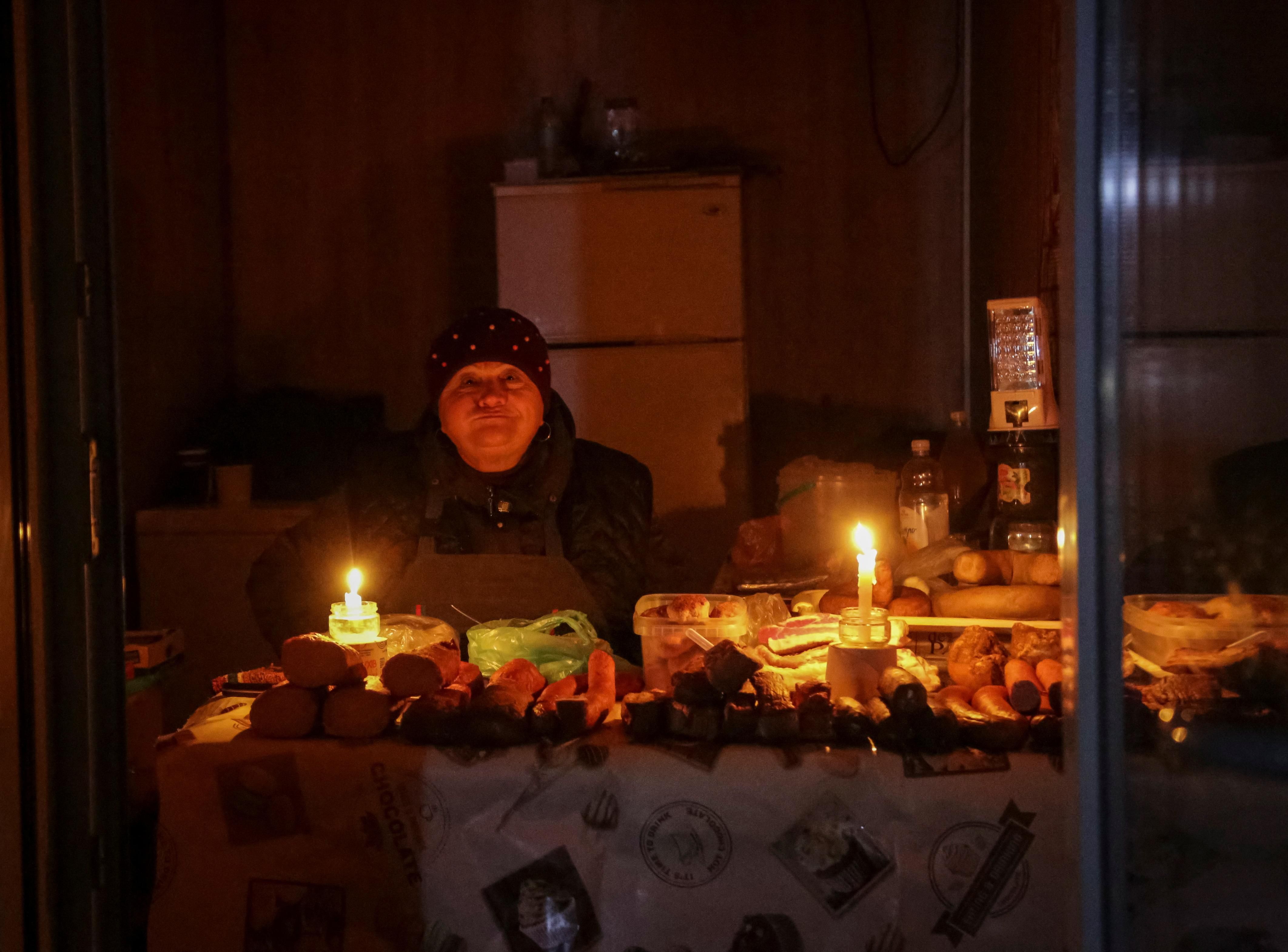Hard Numbers: Odesa in darkness, Pan Am 103 arrest, Japan religious solicitation ban, Peruvian early vote
1.5 million: Over the weekend, Russian airstrikes with Iranian-made drones knocked out the power network in the Ukrainian port city of Odesa, leaving 1.5 million people in darkness. Meanwhile, the US warned that defense ties between Moscow and Tehran are rapidly expanding into a full-blown military partnership.
270: The US Department of Justice announced Sunday the arrest of a Libyan intelligence officer charged with making the bomb that in 1988 brought down Pan Am flight 103 over the Scottish town of Lockerbie, killing 270 people. It's a major development in the investigation of the bombing, which foreshadowed the threat of international terrorism more than a decade before 9/11.
7,300: Japan's parliament passed Saturday a new law banning religious groups from "maliciously" soliciting donations, with violators facing up to a year in prison or a $7,300 fine. Prime Minister Fumio Kishida's approval rating has plummeted over the ties between his ruling Liberal Democratic Party and the controversial Unification Church following the July assassination of former PM Shinzo Abe by an ex-member of the Moonies.
2: At least two people died in violent protests demanding the resignation of Peru's newly minted President Dina Boluarte. Boluarte — who was sworn in just days ago after her old boss, Pedro Castillo, was removed following a botched self-coup — announced Sunday that she won't serve the entire remainder of Castillo's term and will call an early presidential election in April 2024.
